Complete Estate Manager & House Manager Job Description: Duties & Skills (USA 2025)
Introduction
An Estate Manager (or House Manager for single-residence oversight) is the senior administrative professional responsible for the smooth operation of a private household or estate. In the USA, this role acts as the “chief operating officer” of high-net-worth households – coordinating staff, managing property maintenance, planning events, and handling administrative tasks to ensure the property and family’s lifestyle run seamlessly.
Role Overview: Estate Manager vs. House Manager
While often used interchangeably, these titles can denote scope differences:
- A House Manager typically oversees operations of a single residence and its staff.
- An Estate Manager might oversee multiple properties or a very large estate with extensive grounds and a larger team of staff.
Key Responsibilities
Staff Management: Hiring, training, and supervising household staff such as housekeepers, nannies, chefs, butlers, drivers, gardeners, and security personnel. Creating work schedules, conducting performance reviews, and serving as the point of contact for staff concerns.
Operations & Household Systems: Overseeing day-to-day operations, ensuring property security, managing smart home systems, and maintaining cleanliness standards. This may include daily walkthroughs or developing maintenance routines.
Maintenance and Vendor Coordination: Scheduling and supervising property maintenance from landscaping to renovations. Maintaining relationships with trusted service providers and managing service contracts for security systems, appliances, and more.
Event Planning and Hospitality: Planning and executing events hosted at the residence while ensuring the household is always prepared for guests. This involves coordinating vendors and directing staff for proper setup and service.
Budgeting and Financial Management: Developing and managing the household budget, tracking expenses, paying bills, managing staff payroll, and maintaining financial records.
Personal Assistant Duties: Managing the family’s calendars, booking travel, making reservations, handling personal shopping, or coordinating appointments. In larger estates, a separate Personal Assistant may handle these tasks.
Household Projects: Overseeing renovation or construction projects, liaising with architects, designers, and contractors while ensuring household needs are met during such projects.
Administration: Maintaining household manuals, inventories of valuables, and important documents like insurance papers and warranties.
Privacy and Security: Managing security measures and protocols for the family’s privacy, potentially working with security staff and handling confidentiality agreements.
Skills and Qualifications
Leadership: Strong people management abilities to motivate staff and resolve conflicts. Prior experience in managerial roles in hospitality or private service is valuable.
Organization: Exceptional multitasking and prioritization skills to juggle numerous responsibilities simultaneously while maintaining attention to detail.
Financial Literacy: Comfort with budgets, spreadsheets, and basic accounting to ensure cost-effective household operations without compromising quality.
Communication: Clear professional communication, both written and verbal, to liaise between principals and staff while representing the household to vendors and guests.
Problem-Solving: Ability to stay calm under pressure and find quick, effective solutions to unexpected situations.
Luxury Service Knowledge: Understanding five-star service standards including formal table service, fine goods care, and proficiency with smart home systems.
While formal education isn’t strictly required, many estate managers hold bachelor’s degrees or certifications from organizations like the Domestic Estate Managers Association (DEMA).
Traits and Characteristics
- Discretion and Professionalism: Maintaining absolute confidentiality regarding the private lives of wealthy or high-profile families.
- Proactive Mindset: Anticipating needs rather than waiting for instructions, preventing problems before they arise.
- Service-Oriented Attitude: Taking pride in making principals’ lives easier with a “how can I make this happen” approach.
- Flexibility: Willingness to adjust plans, work irregular hours for events, and adapt to the family’s lifestyle.
- Eye for Detail: Noticing and addressing even small imperfections to ensure an impeccable household.
USA vs UK Considerations
While similar overall, there are some differences between US and UK estate management:
- In the UK, estate managers may have additional responsibilities for historic properties, including managing tenanted lands.
- Traditional British households might separate butler and house manager roles, while US households typically have one person overseeing everything.
- US households often look to estate managers to establish structure, while UK estates may have long-serving staff with established traditions.
Conclusion
The estate manager/house manager career offers a fulfilling path for those passionate about private service. Success requires strong foundations in hospitality or private service, excellent leadership skills, and unwavering professionalism. With the right qualifications and mindset, managing a luxury estate can be a highly rewarding career in household management.




